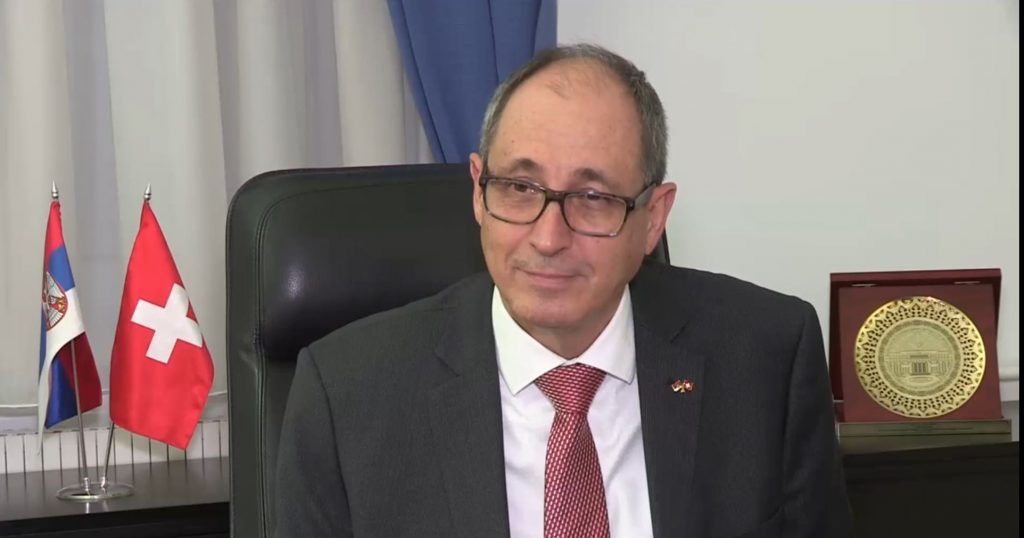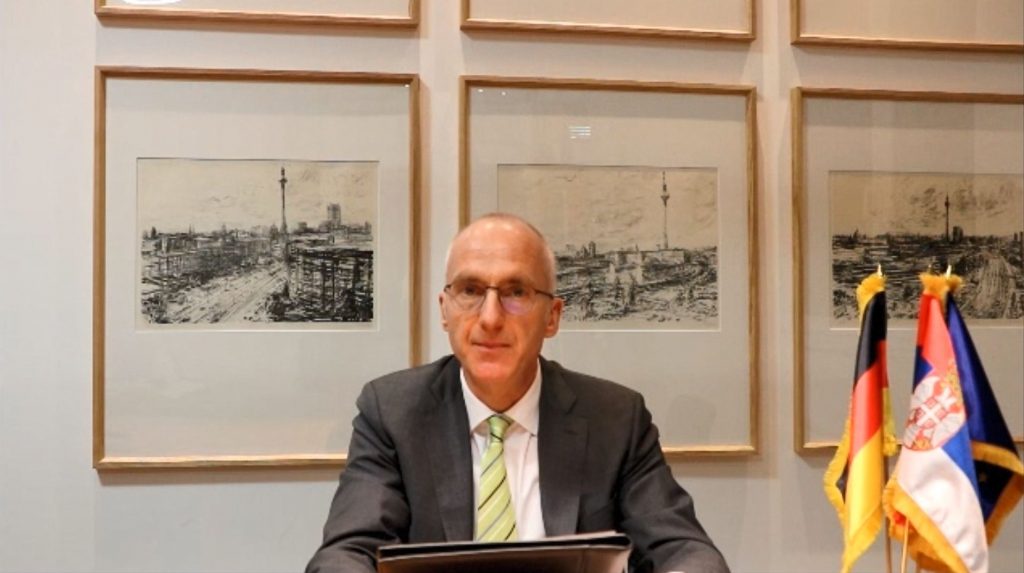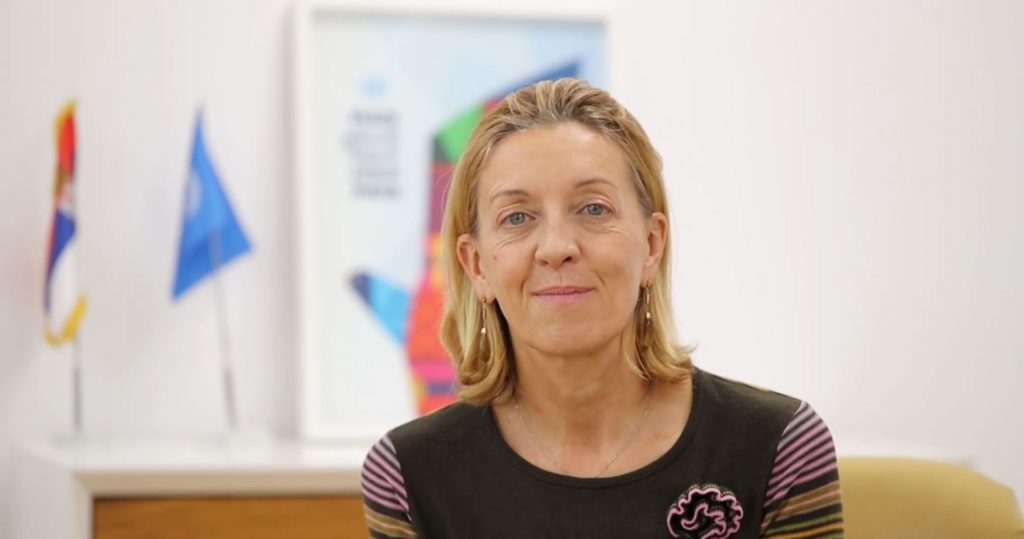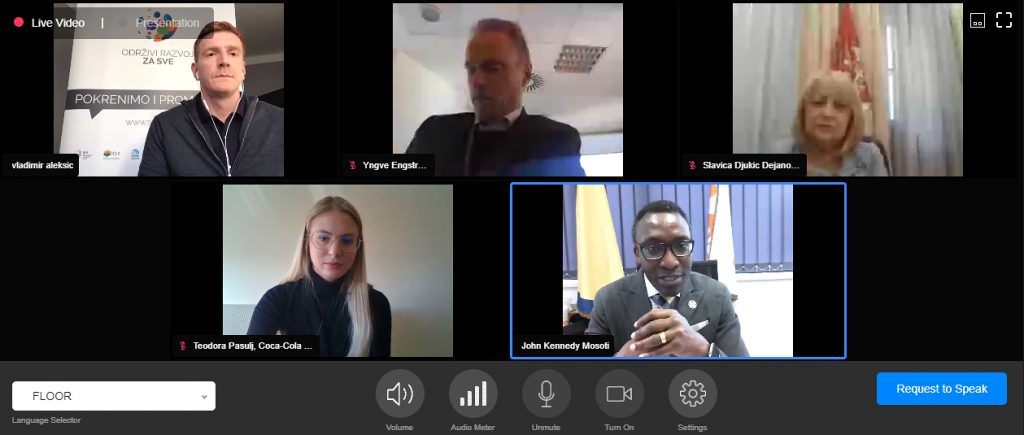2030 Agenda – Serbia meeting new challenges
The ”SDGs for ALL” Platform organized an annual online conference on December 8 and 9, 2020, with the participation of more than 200 participants. The objective of the conference was to showcase the platform’s key achievements since its official launch in March this year, but also to discuss future development challenges and perspectives of Serbia in line with the 2030 Agenda.
The Platform is hosted by the Public Finance Reform – 2030 Agenda project and is being implemented in partnership with six eminent civil society organizations: Ana and Vlade Divac Foundation, Center for Democracy Foundation, Center for Advanced Economic Studies, Timok Youth Center, Belgrade Open School and Belgrade Fund for Political Excellence. (For more information please visit www.sdgs4all.rs)

During the two day event, representatives of state institutions, civil society, the business sector, international organizations, academia and the research community, professional associations, media, and others, engaged in dialogue on priorities and public policies for a better future and sustainable development – for the benefit of all citizens.

Thomas Schieb, German Ambassador to Serbia, emphasized that Germany is committed to the partner of Serbia in the implementation of the 2030 Agenda and as Serbia’s biggest bilateral donor, Germany will continue to provide its support in all three dimensions of sustainable development – economic, social and environmental. He also highlighted the need to engage all relevant stakeholders in the dialogue and consent building over development priorities and to mainstream the SDGs into all relevant national documents and policies.
Urs Schmid, Ambassador of Switzerland to Serbia, in his opening remarks mentioned the crucial role of strong and capable institutions in addressing sustainable development issues as well as the Swiss commitment to the reduction of poverty and inequality and sustainable economic growth, employment and decent work.

Françoise Jacob, the UN Resident Coordinator in Serbia, used her welcoming speech, to emphasize that the SDGs can only be achieved if all actors work together – the government, local communities, the private sector and financial institutions. She also called for integrating principles of sustainability in Serbia’s development vision to ensure health security, improved well-being and equality for all, as well as economic and environmental resilience.
Slavica Đukić Dejanović, special advisor to the Prime Minister for the 2030 Agenda pointed that the Government is working to adjust its planning documents to the SDGs, strengthening institutional mechanisms for their implementation and continuing to support the dialogue exchange among all relevant stakeholders at both national and local level.
A special focus of all keynote speakers was on the need to recognize that, in the context of the Covid-19 pandemic, a new sustainability balance is required, with even more interdependency between economic, social and environmental resilience.

The representatives of the partner civil society organizations presented the key findings of the report of civil society’s priorities for Serbia’s sustainable development as well as the report on Serbia’s normative and institutional readiness to implement the 2030 Agenda. Priorities such as health care available to all, dignity for all citizens of Serbia, attainment of the European level of the rule of law and quality of institutions, responsible and efficient use of natural resources and others will serve to inform the Platform’s policy work and interaction with the decisions makers going forward.

An important aspect of the conference was the presentation of the Platform’s work at the local level and related discussions that involved representatives of local authorities, local civil society and local businesses and business associations.
During the final panel, executive directors of the civil society partner organizations highlighted that the “SDGs for ALL” Platform represents the synergy of efforts to effectively implement the 2030 Agenda and SDGs across all levels of the society, based on multi-stakeholder partnerships, and with broad citizens’ participation.

















